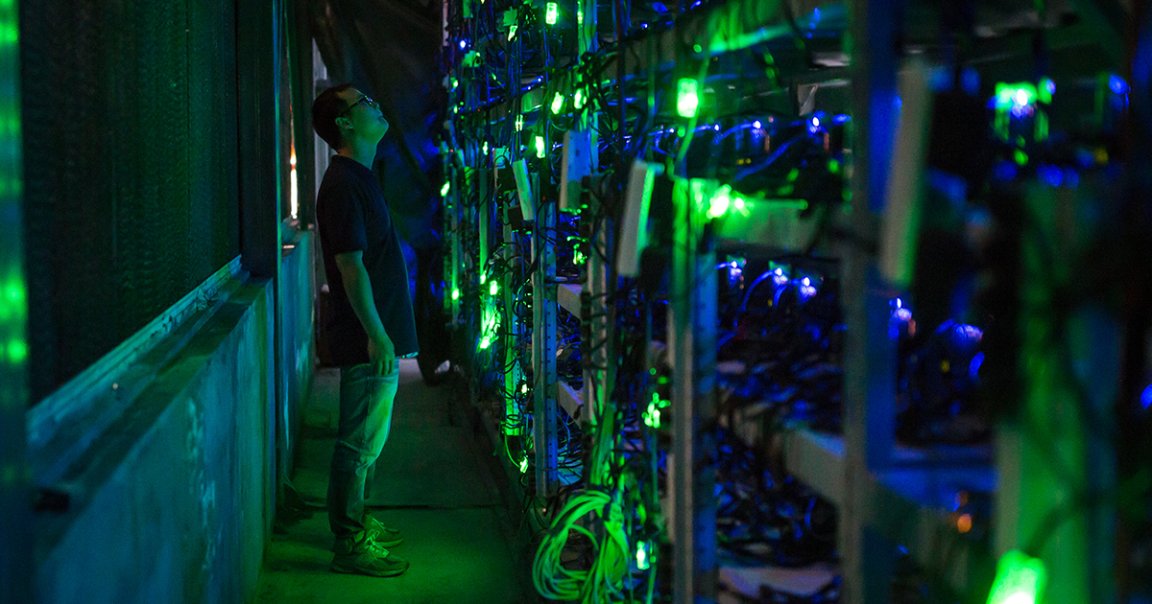
Hard Cap
Bitcoin was designed to have a hard cap of 21 million Bitcoins, a limited coin supply that in some ways mimics the theoretically finite supply of other valuable goods like gold.
Well over a decade after the first Bitcoin was mined, the mainstream cryptocurrency is nearing its next threshold: 19 million mined Bitcoins, as Axios notes, a notable milestone.
Which leaves the obvious question: what happens as the world bears down on that final supply? The answer, it turns out, is anything but clear.
Half Life
Roughly every four years, the number of Bitcoins minted for each block in Bitcoin’s blockchain gets halved, slowing down the mining process significantly.
Once the very last Bitcoin is mined, miners will no longer get any reward. Given the currently established rate, though, the final 21 millionth Bitcoin won’t be mined for over 100 years.
One complexifier is that we’re not even sure if there even are 19 million Bitcoins currently circulating. In 2020, for instance, blockchain analytics firm Chainalysis found that around 3.7 million coins hadn’t been touched for at least five years. Other firms suggest around three million will never be retrieved.
In short, nobody really seems to know the significance of hitting the 19 million mark. Still, that means that more than 90 percent of the Bitcoins that will ever exist are already out there — a striking figure.
Proof of Work
At the time of writing, a single Bitcoin is still valued at over $45,000, so the news hasn’t exactly had much of an effect.
But will Bitcoin always be worth that much? Mining the token, a process referred to as “proof-of-work,” is an energy intensive and environmentally harmful process, meaning that once its value falls enough, miners may no longer be incentivized to continue. Needless to say, as the supply of coins becomes shorter, much will come to hinge on the future value of the currency.
Institutionally, governments and the banking industry have increasingly started embracing Bitcoin as a legitimate currency. Miners worldwide also made record revenue from mining Bitcoin in 2021.
Proof-of-work mining has proved to be far less popular, with governments around the globe banning the practice, including China, once home to the largest Bitcoin mines, citing its massive carbon footprint and connections to shady practices.
Where does that leave the future of Bitcoin? That’s the billion dollar question on the minds of crypto investors — and the answer is as hazy as ever.
READ MORE: Bitcoin nears full supply with 19 million coin milestone [Axios]
More on Bitcoin: Exxon Mobil Is Starting to Burn Excess Gas to Mine Bitcoin